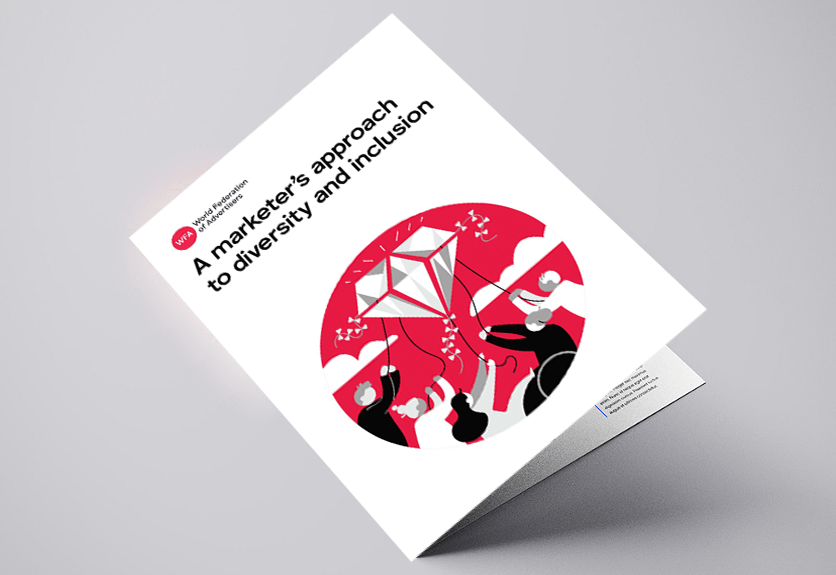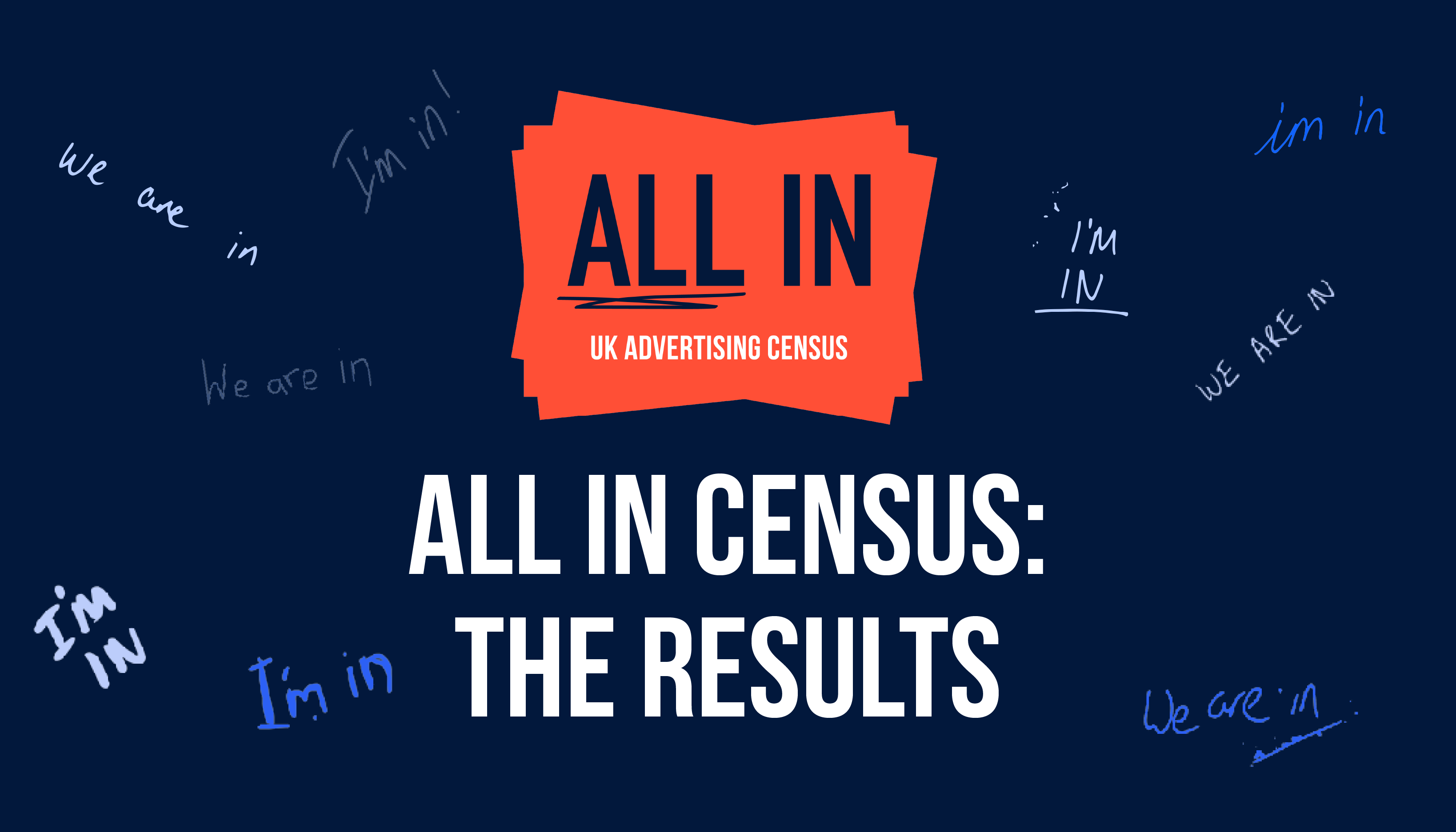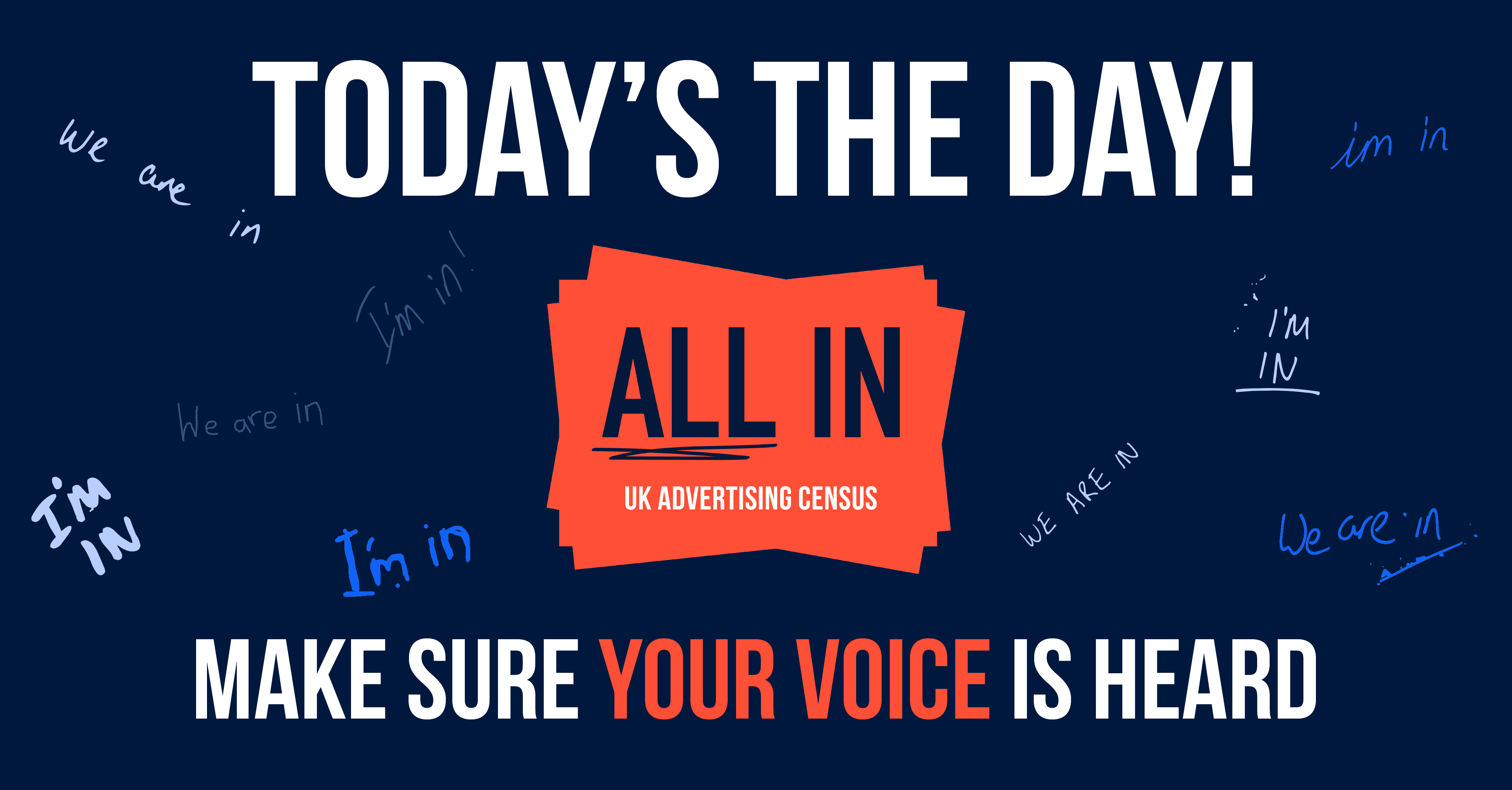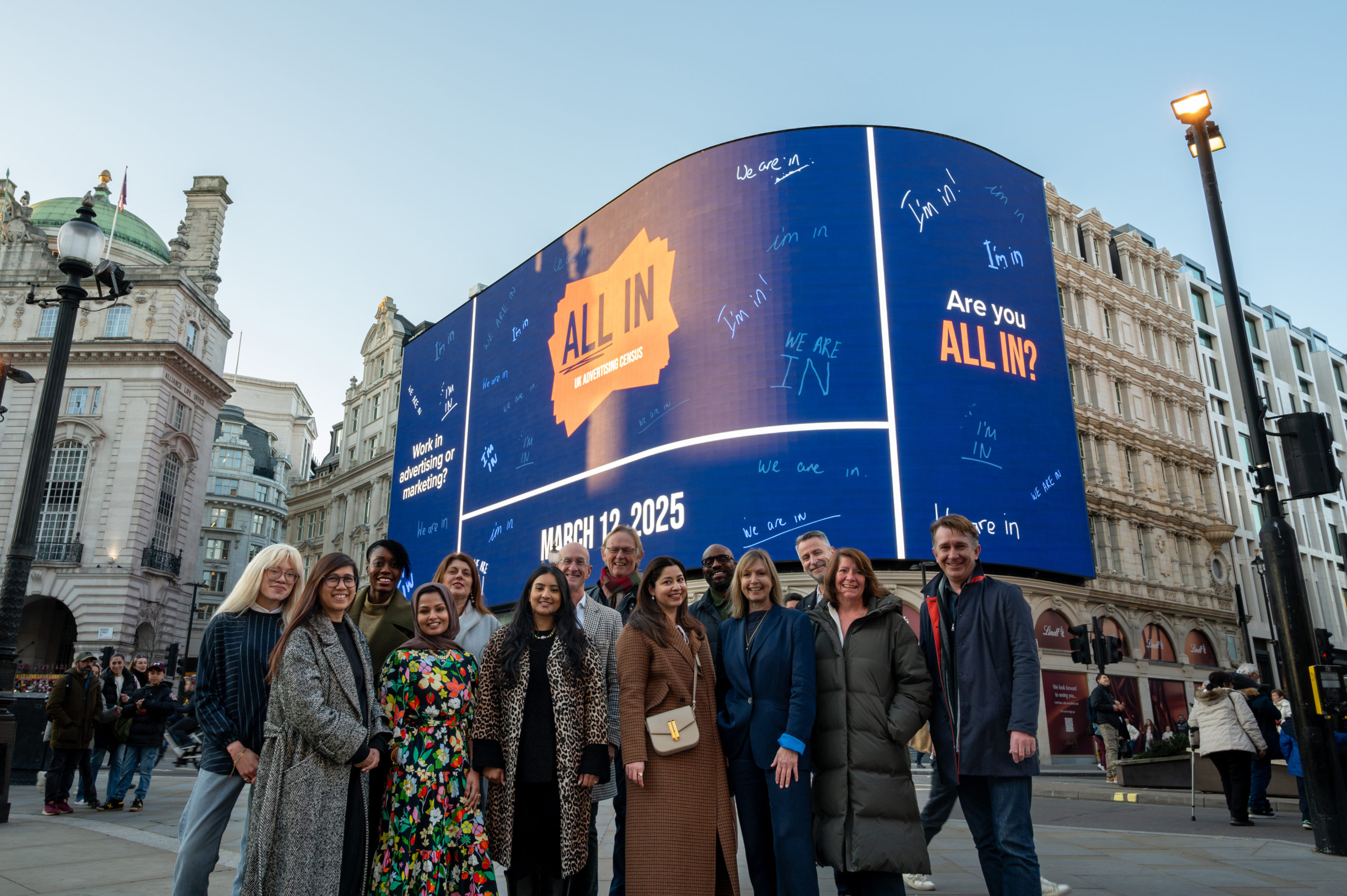New report supports the case for an equitable and accurate representation of race and ethnicity, ability, sexuality, gender identity and age in marketing. New WFA Diversity & Inclusion Task Force launched. Group to be led by new WFA Diversity Ambassadors: Former EA Marketing lead, Belinda Smith, and new GSK’s Senior Media Director for EMEA, Jerry Daykin.
WFA has published a new guide on diversity and inclusion in the marketing industry, providing brand marketers and their agencies with insights and actionable recommendations to improve performance in this critical area.
The aim of the new report is to share good practices and insights in relation to internal company policies and set-ups as well as how to improve the content of brand communications so that the myriad of different consumers, partners and employees who make up a brands’ universe feel truly represented.
The report also celebrates work that champions accurate and progressive representations of race and ethnicity, ability, sexuality, gender identity and age in a sensitive and inclusive manner as well as highlighting the challenges that indiscriminate use of programmatic blacklists can create for brands that seek to promote diversity. Lastly, it highlights the journeys that some leading brands have embarked on and their visions for diversity and inclusion in the industry.
The initiative seeks to respond to a growing perception within the industry that advertising is falling short on its ability to be inclusive. A global study conducted by IPSOS[1] found that 72% of respondents felt most advertising does not reflect the world around them. 63% claimed they don’t see themselves represented in most advertising, and 60% say they don’t see their community of friends, family, and acquaintances represented accurately.
WFA is also setting up a task force to encourage the industry to take on these challenges and has named Belinda Smith, until recently EA’s Head of Global Marketing Intelligence, and Jerry Daykin, Senior Media Director for EMEA at GSK Consumer Health, as WFA diversity ambassadors and co-facilitators of the new group. The brief will be to challenge the wider industry both inside and outside WFA membership to better represent and champion diverse identities and combinations of identities.
Other members of the task force include senior executives from brands and agencies, including Bank of Nigeria, Brand Advance, Diageo, Forsman & Bodenfors, Kin, Mastercard, Mattel, P&G, Publicis, and Unilever.
As a first step, WFA, with input from its task force members, will be creating a toolkit of online resources to enable brand owners and all other stakeholders in the industry to access best-practice thinking across the key areas highlighted in the report as well as areas of intersectionality, which acknowledge the complex overlapping of social and political identities.




